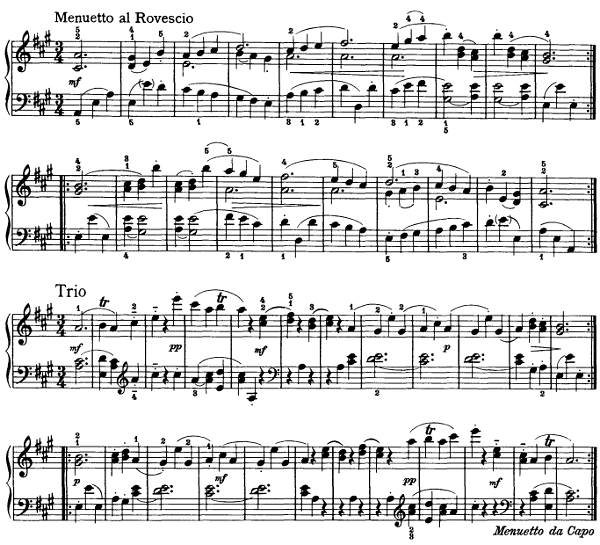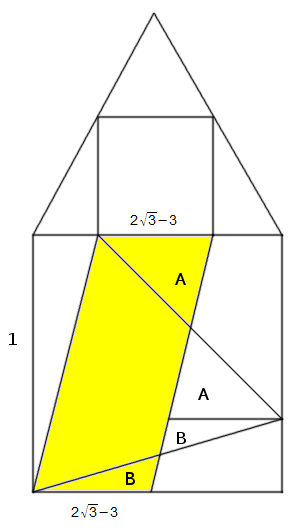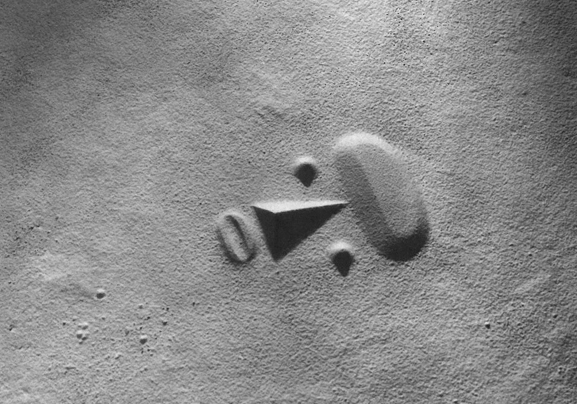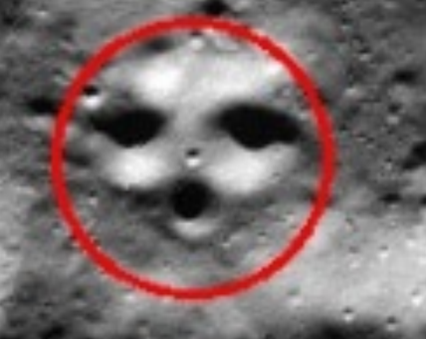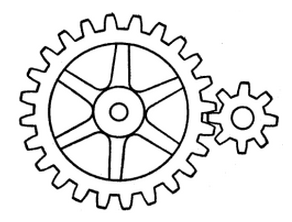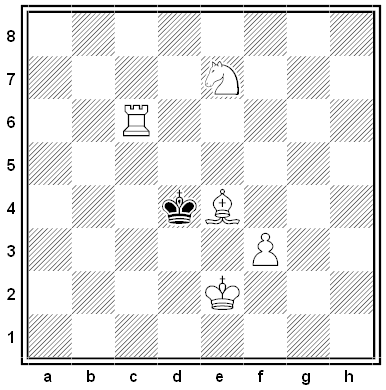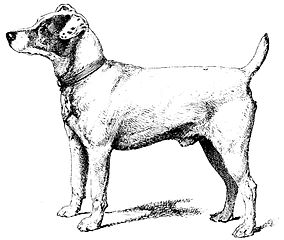
Do animals reason? British psychologist C. Lloyd Morgan offered the case of his own dog:
Tony, the fox-terrier, already introduced to my readers, when he wants to go out into the road, puts his head under the latch of the gate, lifts it, and waits for the gate to swing open. Now an observer of the dog’s intelligent action might well suppose that he clearly perceived how the end in view was to be gained, and the most appropriate means for effecting his purpose. The following chain of ideas might be supposed to pass through the dog’s mind, not, indeed, in a clear-cut logical form, but at any rate in a rough and practically serviceable way: ‘Why does that gate remain shut? The latch holds it. I’ll lift the latch. Now it is no longer held, therefore it swings open.’ But is it necessary to assume that there were ideas involving, even in the most rudimentary way, the why and the wherefore? May not the action be quite well explained on the hypothesis that the dog acted under the sole guidance of sense-experience?
Two observers might debate that question for some time, Morgan wrote, one arguing that Tony’s feat must be based on experience and the other insisting that it showed an understanding of how the gate operates. But Morgan himself had had the benefit of seeing the trick evolve. “I was sitting at a window above the garden, and heard the dog put out of the door. I therefore watched him. He ran up and down the low wall, and put his head out between the iron bars, now here, now there, now elsewhere, anxiously gazing into the road. This he did for quite three or four minutes. At length it so happened that he put out his head beneath the latch, which, as I have said, is at a convenient height for his doing so, being about a foot above the level of the wall. The latch was thus lifted. He withdrew his head, and began to look out elsewhere, when he found that the gate was swinging open, and out he bolted.”
So Tony’s trick was the product of a fortunate accident, not abstract reasoning. Morgan proposed a general rule: “In no case is an animal activity to be interpreted in terms of higher psychological processes if it can be fairly interpreted in terms of processes which stand lower in the scale of psychological evolution and development.” This has become known as Morgan’s canon.
(From Morgan’s 1903 book An Introduction to Comparative Psychology.)
